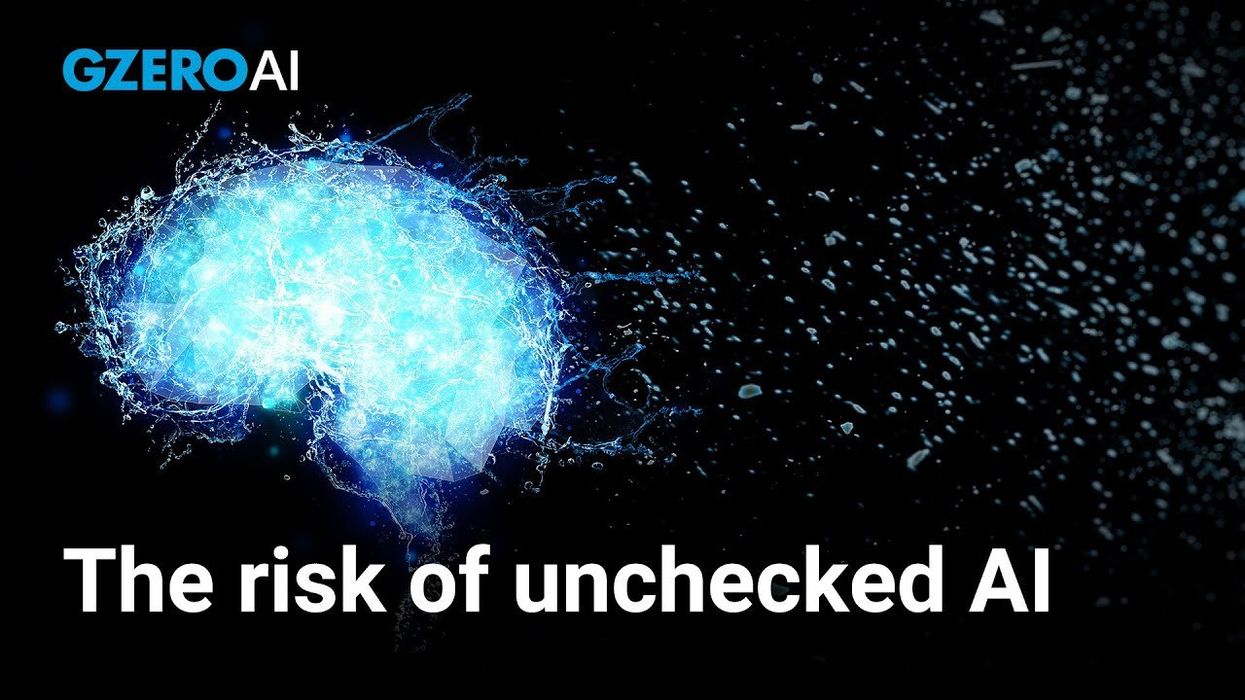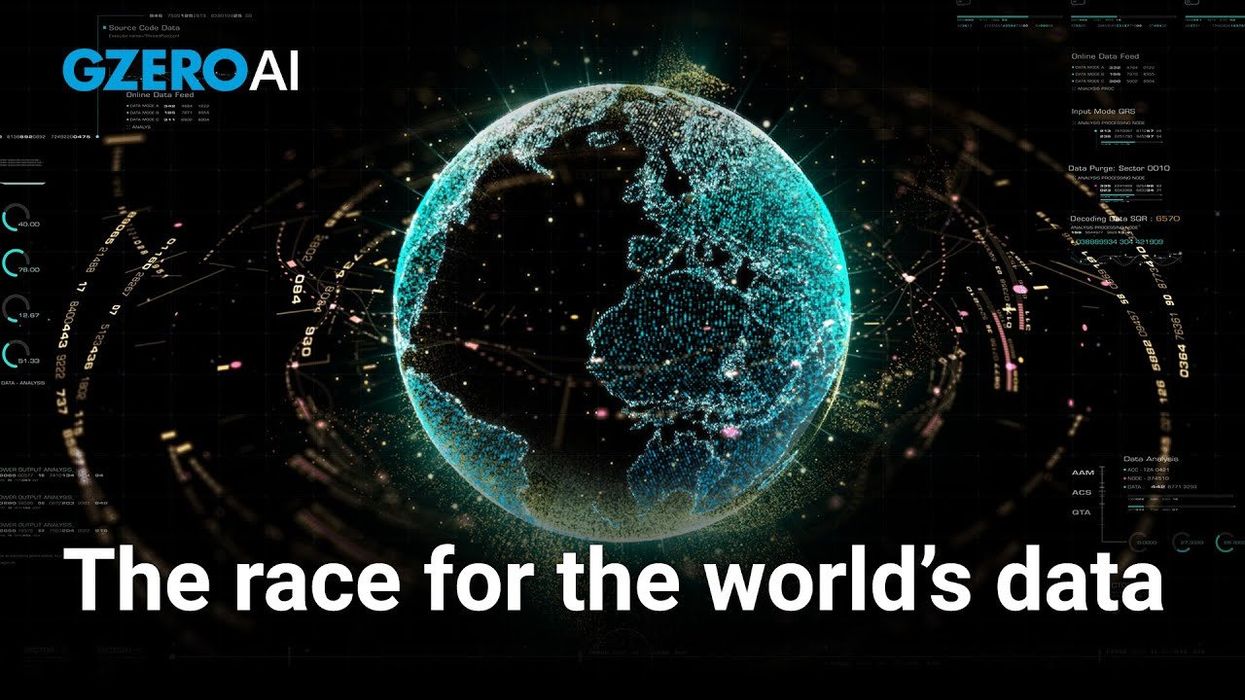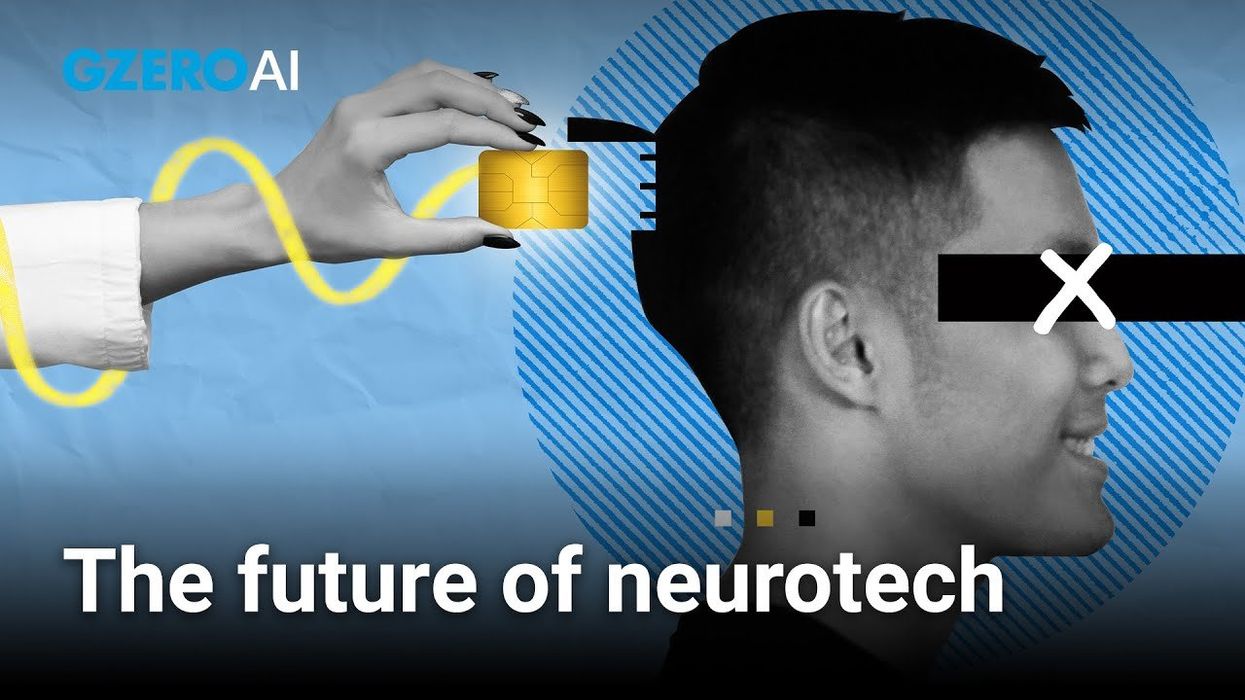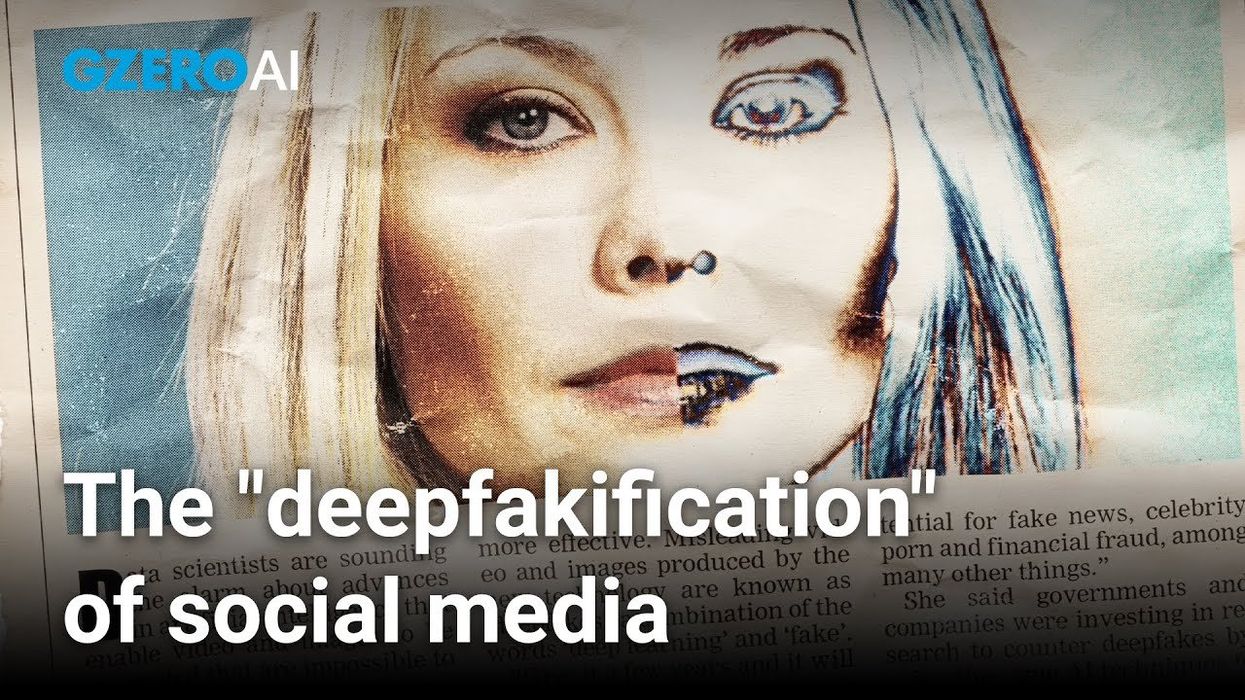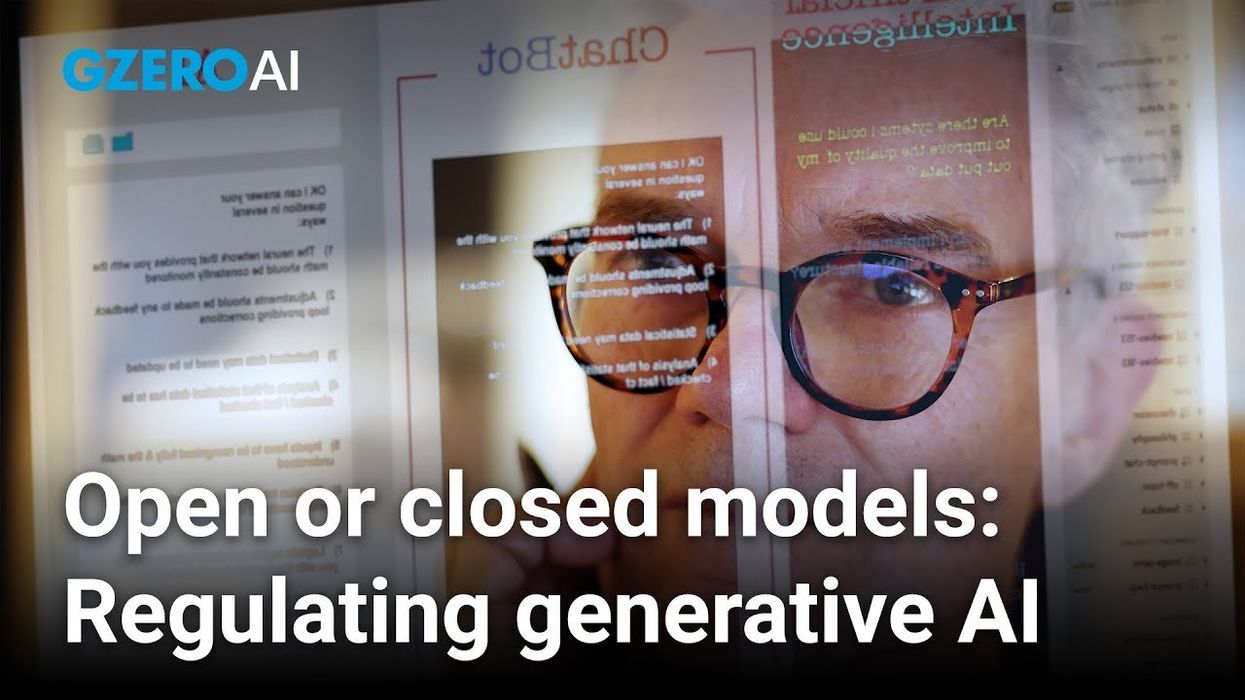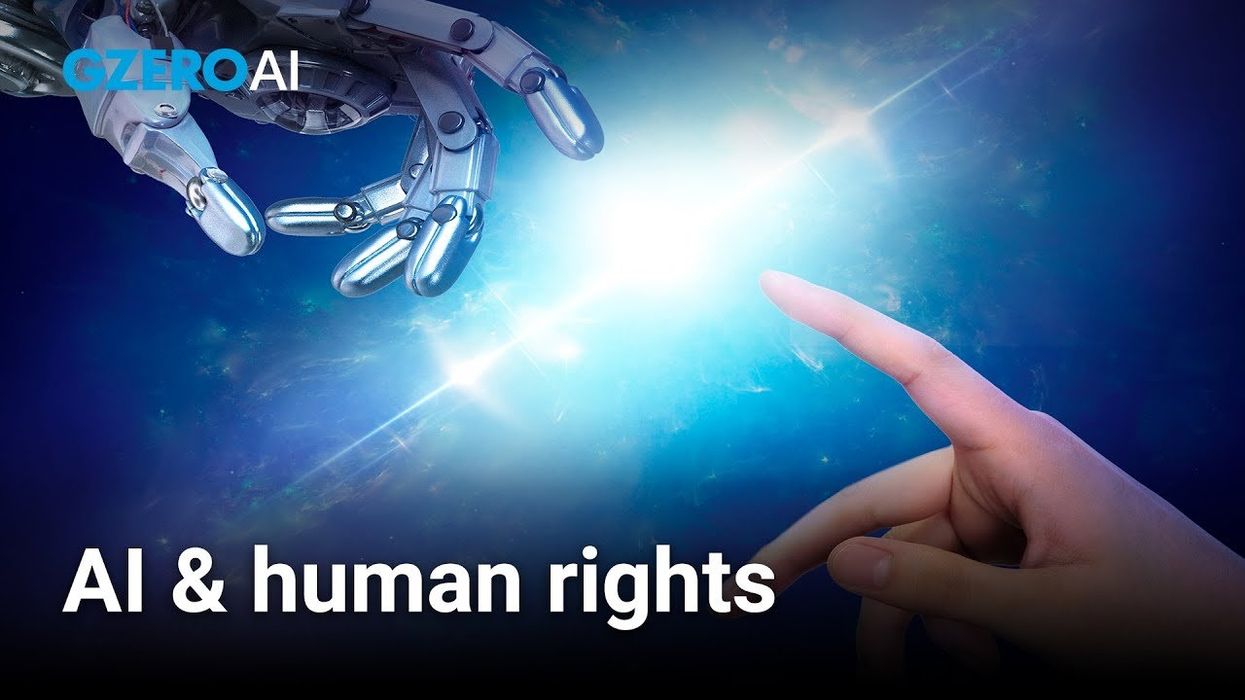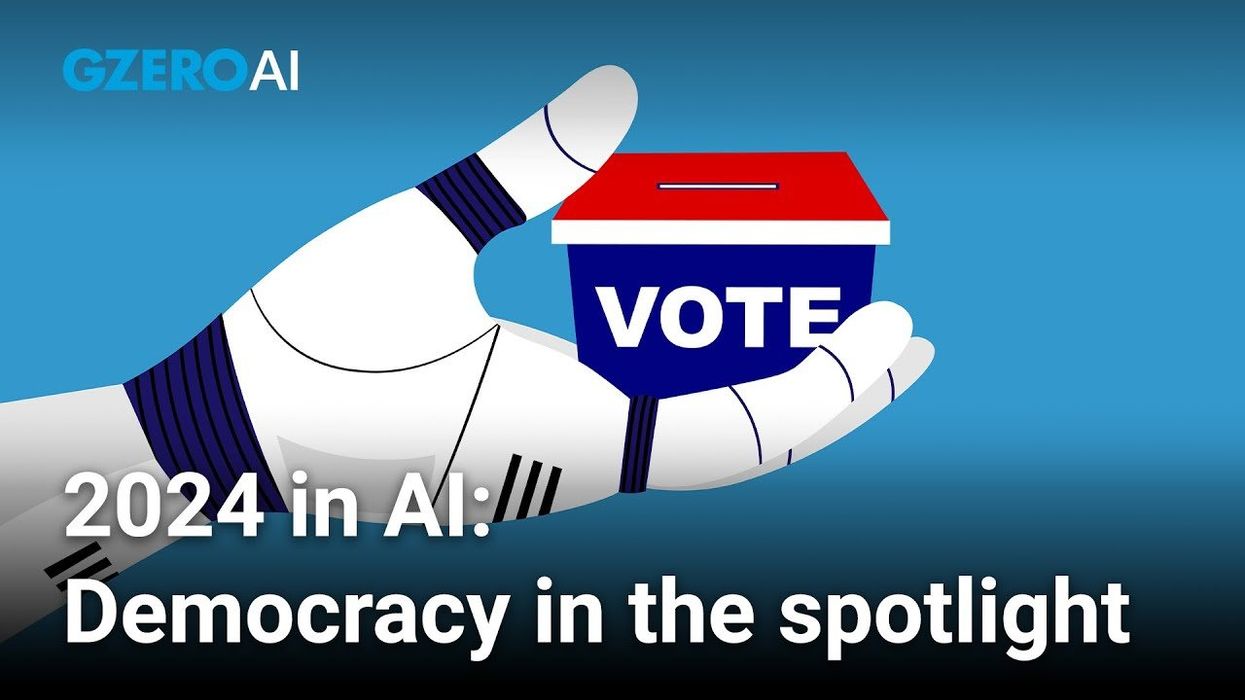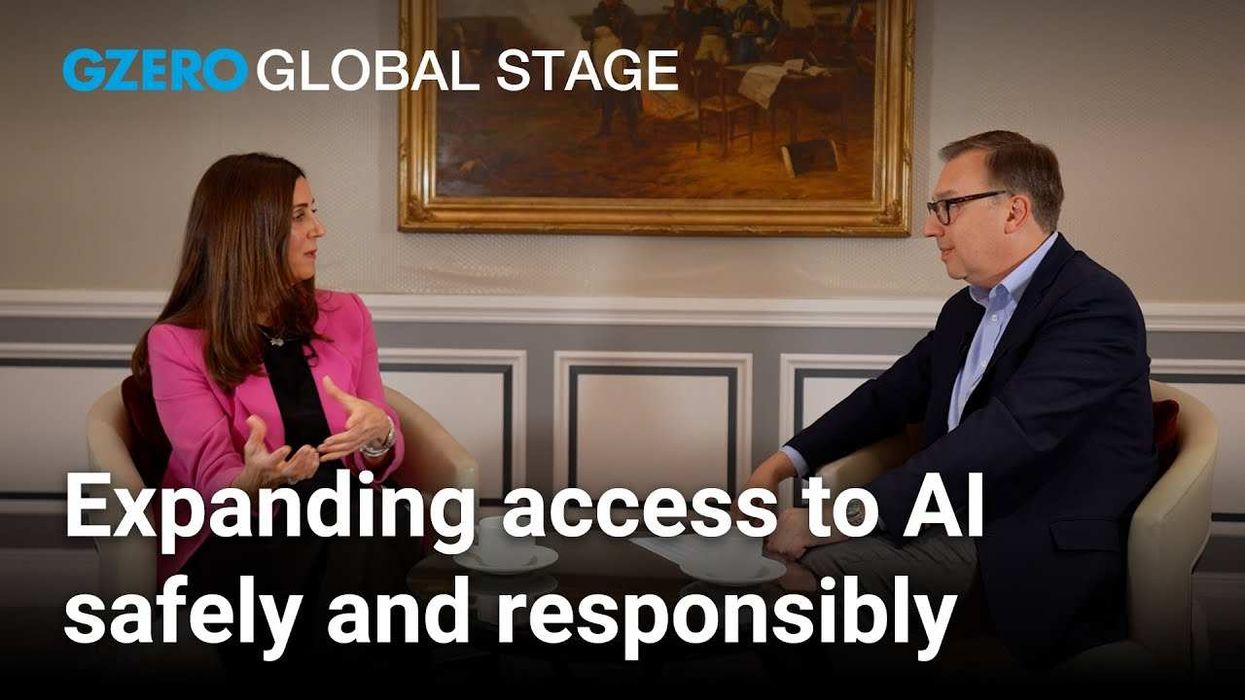
VIDEOSGZERO World with Ian BremmerQuick TakePUPPET REGIMEIan ExplainsGZERO ReportsAsk IanGlobal Stage
Site Navigation
Search
Human content,
AI powered search.
Latest Stories
Start your day right!
Get latest updates and insights delivered to your inbox.
GZERO AI Video
GZERO AI is our weekly video series intended to help you keep up and make sense of the latest news on the AI revolution.
Presented by
Europol, the European Union’s law enforcement agency, arrested 24 people across 19 countries last Wednesday in a global crackdown on AI-generated child pornography. The arrests stretched beyond the EU with suspects taken into custody in Australia, the United Kingdom, and New Zealand in coordination with local police.
The crackdown is part of a campaign called Operation Cumberland, which began in November with the arrest of a lead suspect in Denmark. The ringleader allegedly ran a website where people paid to access images of children that he created with help from artificial intelligence. Europol wrote in a press release that there are 273 total suspects, and they’ve done 33 house searches and seized 173 electronic devices.
“Operation Cumberland has been one of the first cases involving AI-generated child sexual abuse material (CSAM), making it exceptionally challenging for investigators, especially due to the lack of national legislation addressing these crimes,” Europol wrote in a statement.
The agency noted that EU member states are currently discussing regulations specifically addressing this type of content, so it’s unclear what the exact legal basis for the arrests is. (Europol did not respond to a request for comment by press time.) Nick Reiners, a senior geo-technology analyst at Eurasia Group, said he believes the legal basis would be national laws that do not distinguish CSAM from AI-generated CSAM. That said, there’s good reason for a new EU law: “The objective of the proposed new Directive is primarily to harmonize, update and strengthen national laws across EU member states, in part to make it easier to prosecute,” Reiners added.
The agency has said that more arrests are on the way in the coming weeks.
Keep reading...Show less
More from GZERO AI Video
AI's existential risks: Why Yoshua Bengio is warning the world
October 01, 2024
How is AI shaping culture in the art world?
July 02, 2024
How AI models are grabbing the world's data
June 18, 2024
Can AI help doctors act more human?
June 04, 2024
How neurotech could enhance our brains using AI
May 21, 2024
OpenAI is risk-testing Voice Engine, but the risks are clear
April 03, 2024
Should we regulate generative AI with open or closed models?
March 20, 2024
AI and Canada's proposed Online Harms Act
March 05, 2024
Gemini AI controversy highlights AI racial bias challenge
February 29, 2024
When AI makes mistakes, who can be held responsible?
February 20, 2024
AI & human rights: Bridging a huge divide
February 16, 2024
Taylor Swift AI images & the rise of the deepfakes problem
February 06, 2024
Will Taylor Swift's AI deepfake problems prompt Congress to act?
February 01, 2024
ChatGPT on campus: How are universities handling generative AI?
January 23, 2024
Davos 2024: AI is having a moment at the World Economic Forum
January 16, 2024
AI in 2024: Will democracy be disrupted?
December 20, 2023
New AI toys spark privacy concerns for kids
December 12, 2023
GZERO Series
GZERO Daily: our free newsletter about global politics
Keep up with what’s going on around the world - and why it matters.

